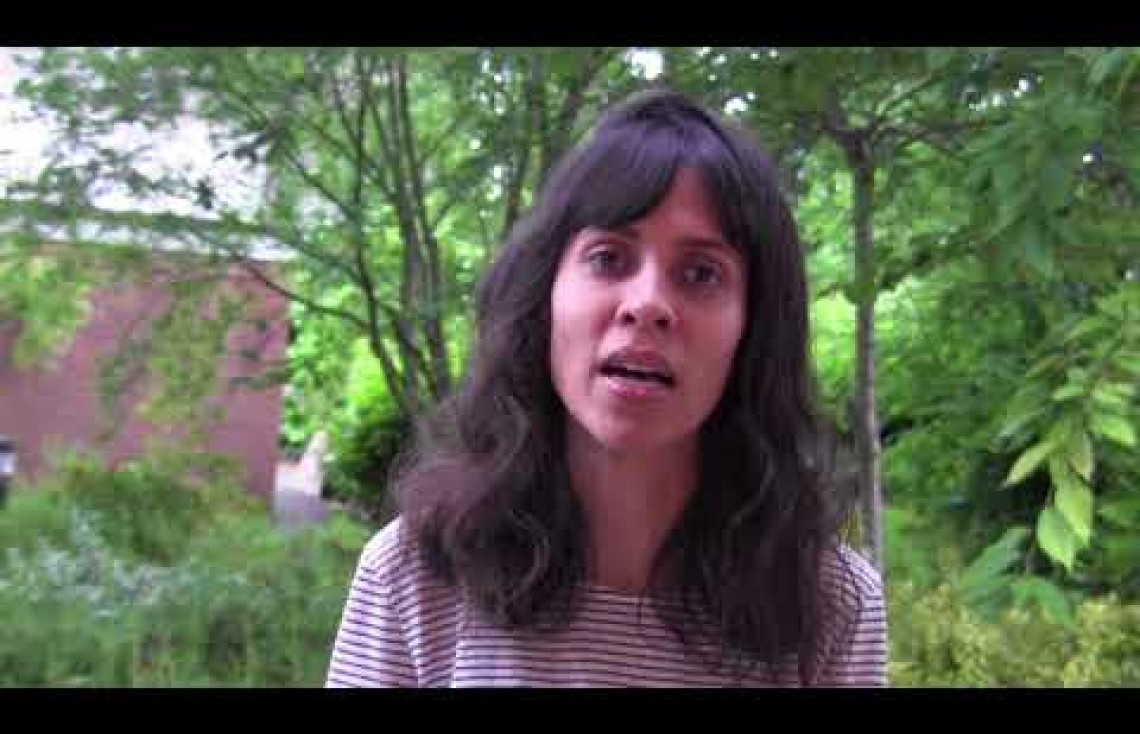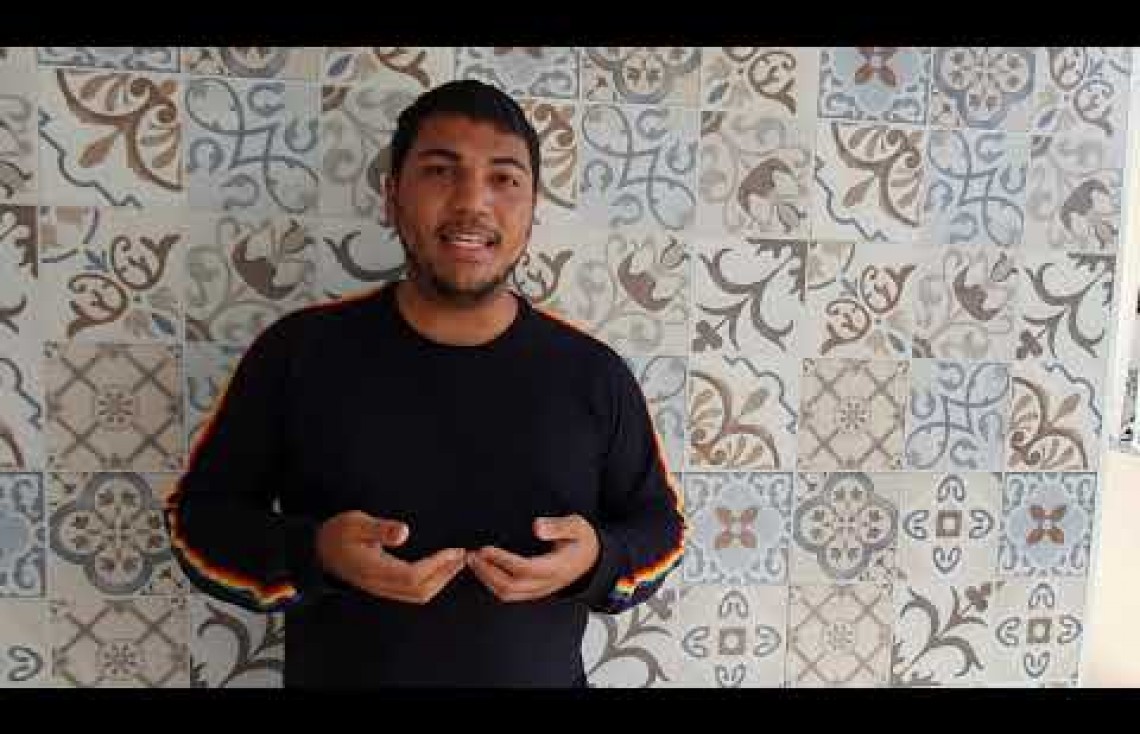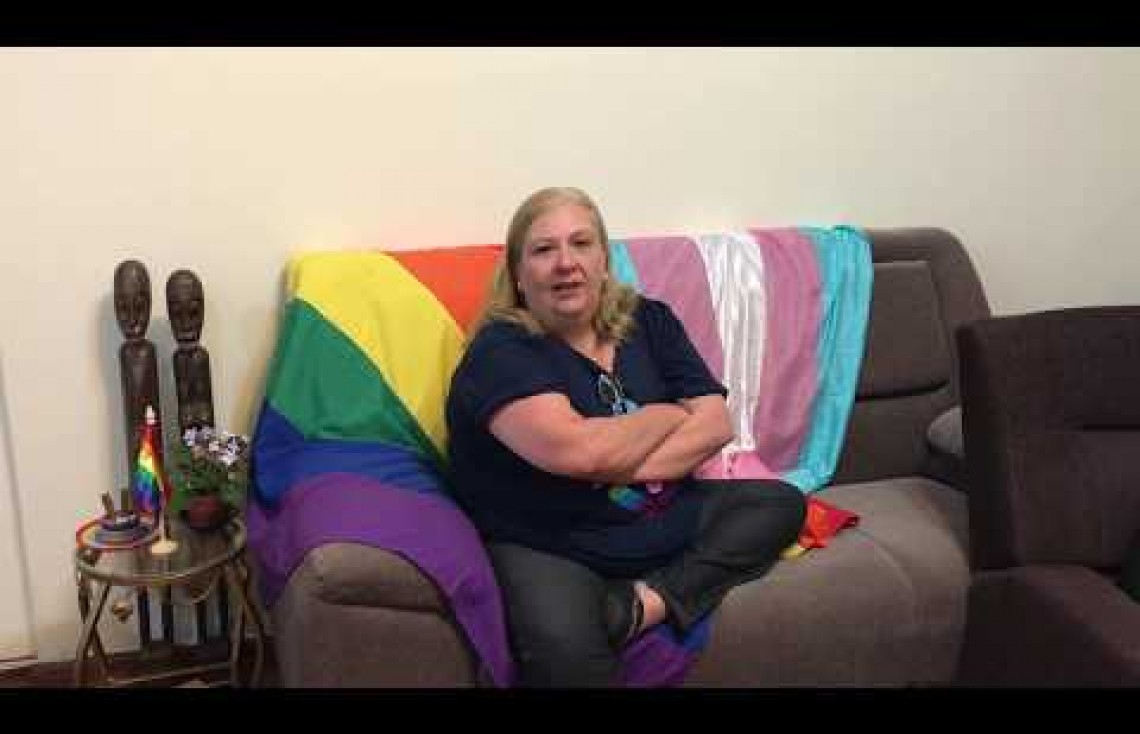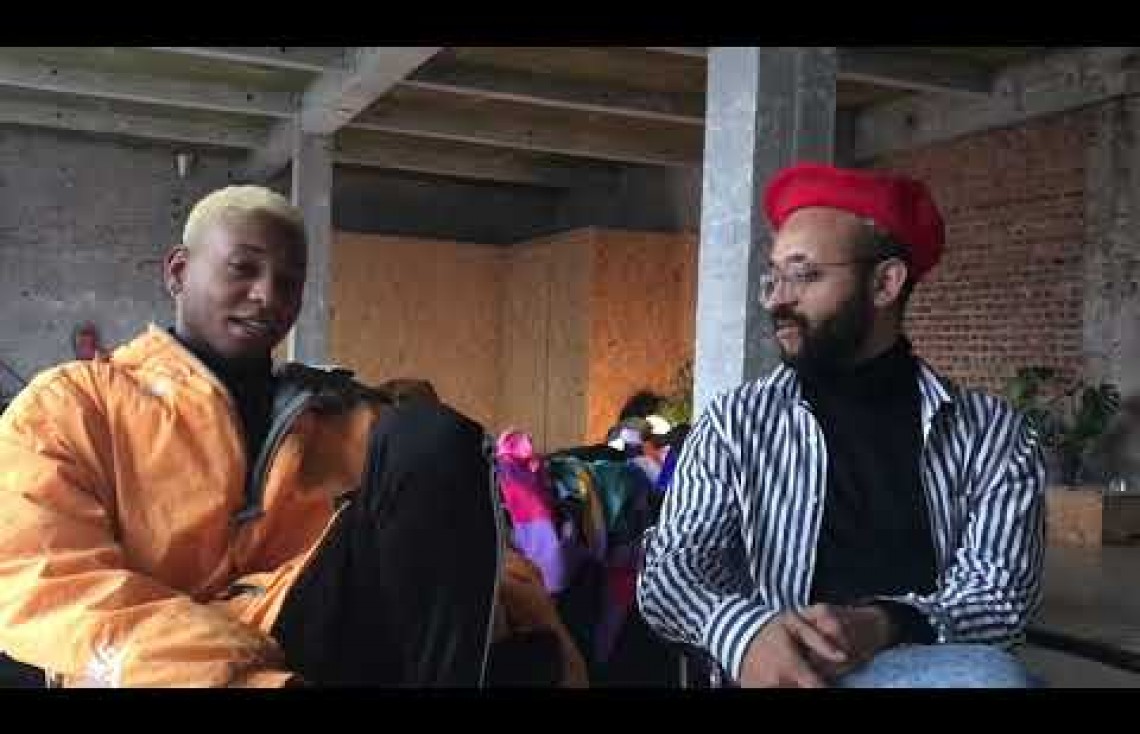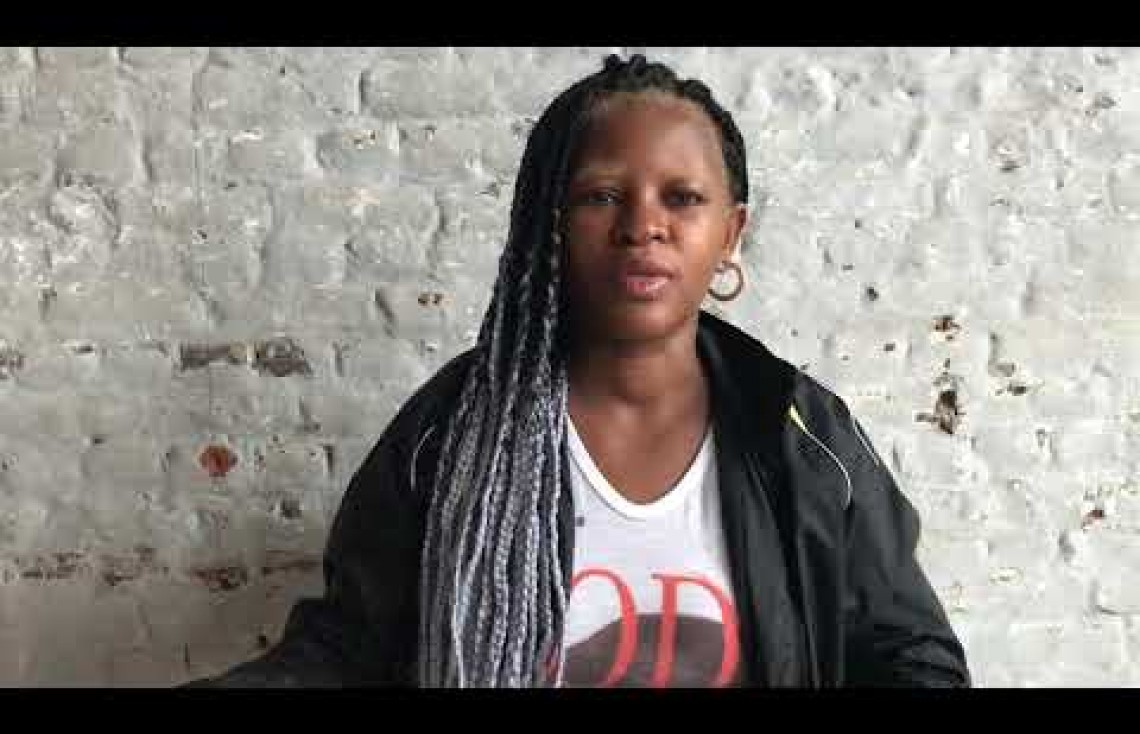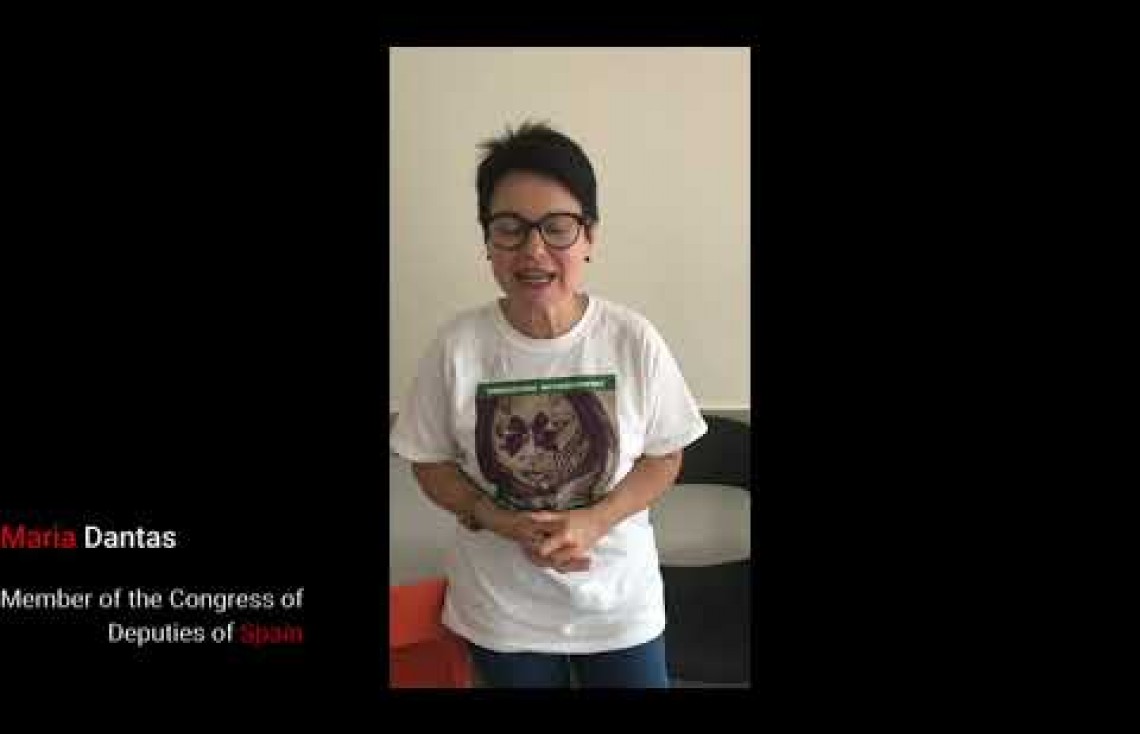While LGBTI rights in Brazil are among the most advanced in Latin America and the world, the de facto situation of many LGBTI Brazilians is very difficult. Brazil is the country with the highest number of homotransphobic killings in the world. Before homosexuality emerged as a political issue in the 1970s when the country experienced a new wave of democratization after the military coup of 1964, sexual and gender identity rights were nearly nonexistent in governmental discourses. Over time, although LGBTI movement struggled against prejudices and stereotypes, lesbian, gay, transgender and intersex individuals became citizens with rights. Landmarks in the LGBTI movement’s history include the adoption of a liberal Constitution in 1988, that introduced gender equality as a constitutional right; the decision of the Justice’s National Council of Brazil to legalize same-sex marriage in the entire country in 2013 and the ruling of the Brazilian Supreme Court on the abolishment of discrimination on the basis of sexual orientation and gender identity in 2019.
Other important achievements obtained by Brazil in order to set discrimination protections have been able to create a more inclusive and fair environment in the country. Among these decisions it is important to remember the ban imposed on practicing conversion therapy across the country since 1999. Other than that, Brazil recently allowed gay and bisexual men to donate blood, a right that has however been limited due to the COVID-19 pandemic in 2020. Concerning the role of LGBTI people in the military, the Constitution of Brazil prohibits the Brazilian Armed Forces to apply discriminatory measures towards LGBTI individuals, stating that sexual orientation does not represent an obstacle for being admitted into the police force. The judiciary, notably the Federal Supreme Court, has been the greatest champion of LGBTI rights, because the legislative hasn't managed to pass a single law that protects or guarantees the rights of LGBTI people.
However, since President Bolsonaro came into power, the situation has worsened for LGBTI individuals in the country. Indeed, Bolsonaro is known for being against LGBTI rights and has in several occasions proved to be a racist and misogynist President, who spontaneously declared he would rather have a dead son than a homosexual son and who was deeply criticized for denying ‘’gay tourism’’ in Brazil. As a consequence, concerns have been raised over an escalation in crimes in Brazil after his election. As previously mentioned, Brazil is notoriously the country with the highest rate of LGBTI people being killed in the world, a trend that some fear might accelerate due to the election of a President that seeks by no means to protect queer individuals from hate crimes and violence.
In spite of all, there is a social tendency in the country to invite people to accept the LGBTI community and at the same time to condemn prejudice and homophobia. Every year LGBTI people and activists take part in the São Paulo Gay Pride Parade, an event that has been taking place since 1997 and represents an opportunity to raise awareness and bring visibility on the LGBTI world. The Parade is the biggest Pride celebration in the world, bringing together millions of people each year and attracting visibility in the Brazilian media, national magazines and newspapers.
Text by Sofia Busato.
Photo by Florencia Potter from Pexels
- Status of Same-Sex Sexual Activities
-
Legal for both female and male sexual activity
During the Portuguese colonization of Brazil, homosexuality was illegal in the country between 1533 and 1830, due to the imposition of the Portuguese Penal Code, which was influenced by the British Buggery Act 1533. In 1830, eight years after the end of the Portuguese domain, sodomy laws were eliminated from the new Penal Code of Brazil. - Legal Recognition of Same-Sex Relationships
-
Same-sex marriage is legal
A first proposal to legally recognize same-sex relationships dates back to a bill issued in 1995 by the National Congress of Brazil, however strongly opposed at the time. Same-sex sexual relationships have now been legally recognized in the country since 2013, when the Justice's National Council of Brazil declared homosexual couples could legally marry and no longer simply join together in the form of civil unions. The new decision came into force after an almost unanimous vote of 14 – 1. - Same-Sex Parenting
-
Legal to adopt
Same-sex parenting and adoptions have not always been legal in Brazil. The social and legal battle to confer LGBTI individuals the right to adopt or raise a child with their partners has culminated in a court decision in 2011, when the Superior Court of Justice of Brazil finally recognized same-sex parents as family entities and owners of rights. - Legal Gender Recognition and Sex Reassignment Surgery
-
Legal and does not require surgery
The pathway towards legal gender recognition and sex reassignment surgery, although challenging, has led to several positive outcomes. Indeed, transgender people have not only obtained the right to legally change their sex assigned at birth but also to legally change their official name and sex on their documents without the need of surgery. As a matter of fact, before this decision entered into force in 2018 by merit of the Supreme Federal Court, transgender individuals had to rely on a professional evaluation that declared their psychosocial identity and therefore their possibility to change sex. This positive step forward recognized the rights and needs of transgender people, therefore avoiding to resort to invasive and intrusive practices relating to their status. - Laws and Policies on Discrimination
-
The Constitution of Brazil prohibits states from creating all forms of discriminations. However, an explicit mention to the LGBTI community is nonexistent in the Constitution that therefore leaves room for interpretation. However, in 2019 this obstacle was overcome thanks to the decision of the Federal Supreme Court to criminalize discrimination based on sexual orientation and gender identity as a form of racism
Following the Supreme Court Decision in 2020, donating blood is legal for people who engage in same-sex sexual activity.
LGBT persons can serve openly in the military.

